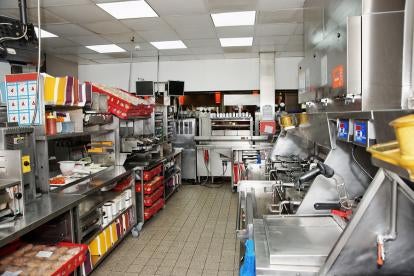Earlier this week, New York became the third major city in the United States to enact “fair workweek” laws aimed at protecting fast food and retail employees from scheduling practices that are perceived by the employees to be unfair and burdensome. Following the lead set by San Francisco and Seattle, New York has adopted a series of new laws aimed at enhancing the work life of fast-food and retail employees. By eliminating certain scheduling practices commonly used by fast food and retail employers, the New York Legislature seeks to protect these employees from unpredictable work schedules and fluctuating income that render it difficult for them to create budgets, schedule child or elder care, pursue further education, or obtain additional employment. These new laws include the following provisions:
- Fast food employers must now publish work schedules 14 days in advance;
- If fast food employers make any changes to an employee’s schedule with less than 14 days’ notice, the employer must pay the employee, in addition to the employee’s normal compensation, a bonus payment ranging from $10 to $75 depending on the amount of notice provided of the change;
- Before hiring new employees, fast food employers must first offer any available work shifts to current employees, thereby enabling part-time employees desiring more work hours the opportunity to increase their hours worked and, accordingly, their income, before the employer hires additional part-time employees;
- Fast food employers may no longer schedule an employee to work back-to-back shifts that close the restaurant one day and open it the next day if there are less than 11 hours in between the two shifts. However, if an employee consents in writing to work such “clopening” shifts, the fast food employer must pay the employee an additional $100;
- Fast food employees may ask their employers to deduct a portion of their salary and donate it directly to a nonprofit organization of their choice (This provision is a victory for unions as fast food employees can now earmark money to a group that fights for their rights, and the employer has to pay it on their behalf); and
- Bans all retail employers from utilizing “on-call” scheduling that requires employees to be available to work and to contact the employer to determine if they are needed at work.




 i
i


